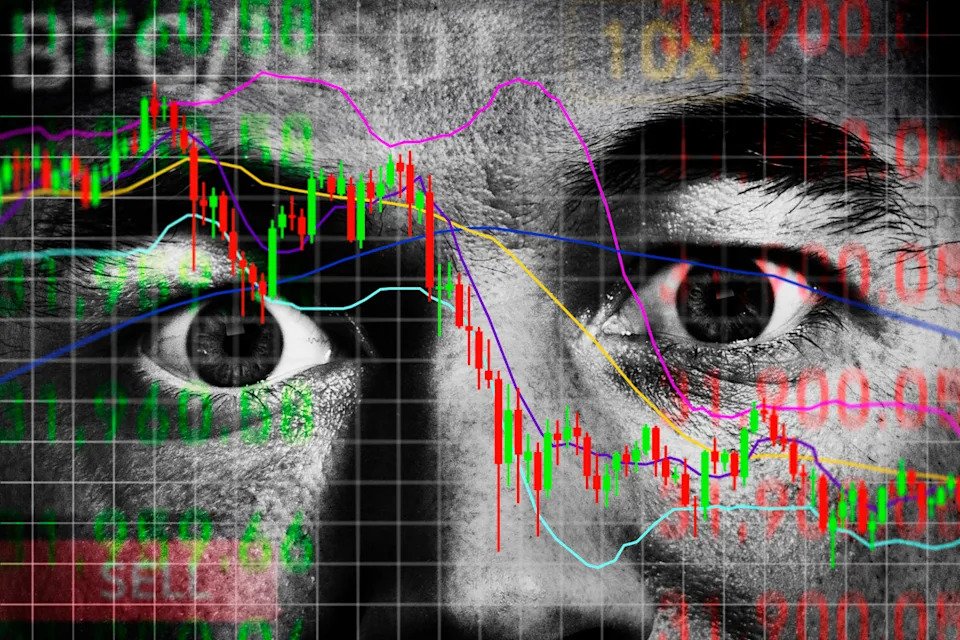
Zelenskyy’s suit bet leaves traders baffled after $240M market resolves to ‘no’
Key Points
- High-Stakes Bet: A Polymarket prediction market on whether Volodymyr Zelenskyy would wear a suit before July 1 saw over $240 million in volume, resolving to “No” despite photo evidence and media reports.**
- Controversial Outcome: Despite widespread reporting of Zelenskyy in a suit at the NATO summit, the market’s resolution shocked traders, sparking debate over decision-making processes.**
- Governance Concerns: The decision, made via UMA’s voter oracle system, faced scrutiny as a single whale allegedly controlled over 85% of voting power, raising questions about fairness.**
- Broader Implications: The incident highlights potential flaws in prediction market governance, with traders questioning the reliability of rules and resolution logic.**
Summary
A Polymarket prediction market, which wagered over $240 million on whether Ukrainian President Volodymyr Zelenskyy would wear a suit before July 1, resolved to “No,” leaving traders stunned. Despite multiple media reports and photos showing Zelenskyy in a black suit at the NATO summit, the outcome defied expectations, igniting controversy over how such decisions are made. The market’s rules required credible photographic evidence and media consensus for a “Yes” resolution, yet the final call, determined by UMA’s voter oracle system, went against apparent evidence. Allegations surfaced that a single whale, controlling over 85% of voting power, influenced the result, raising concerns about governance and fairness. This incident has sparked a broader debate about the integrity of prediction markets, with traders questioning whether published rules and resolution logic can be trusted when large sums are at stake. While no wrongdoing by Polymarket has been proven, the event underscores the challenges of subjectivity and power dynamics in decentralized betting platforms.
yahoo
July 10, 2025
Crypto


